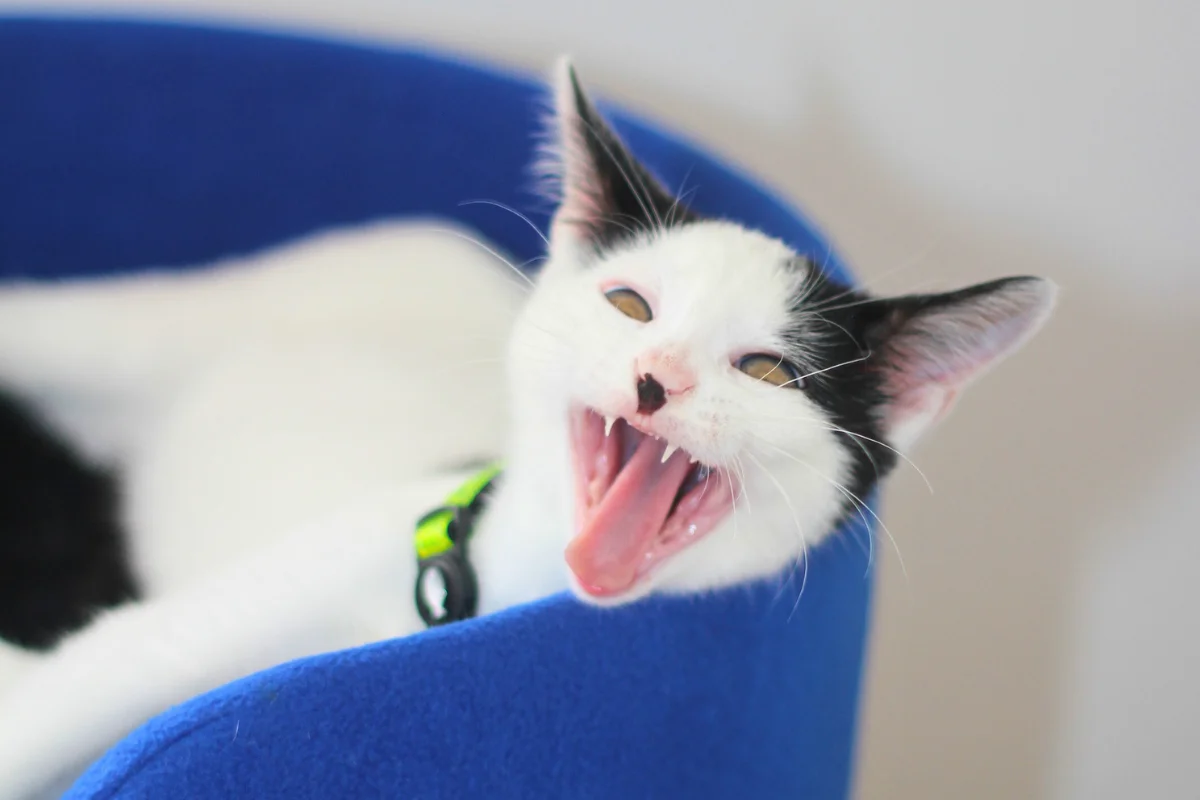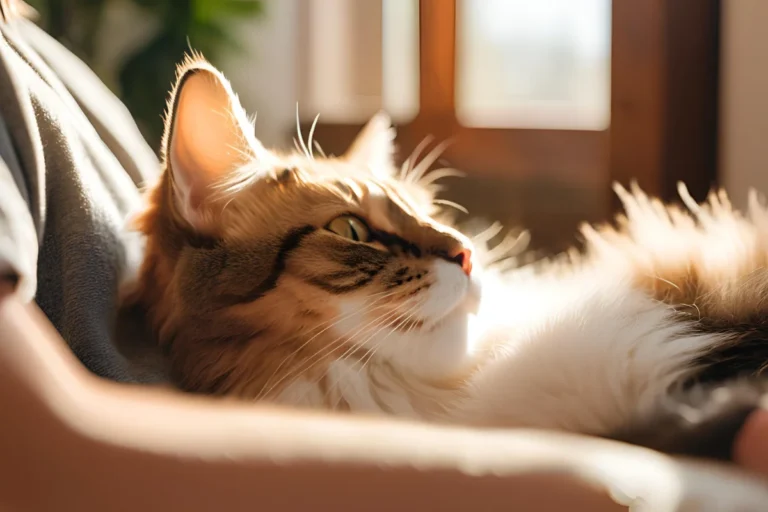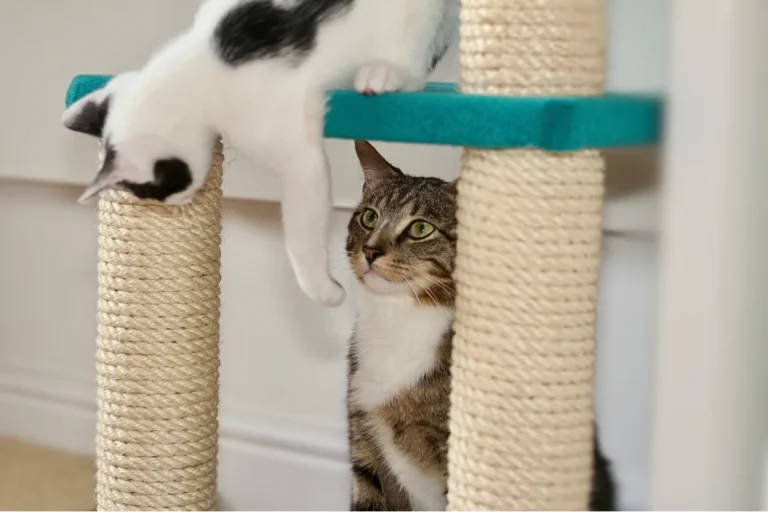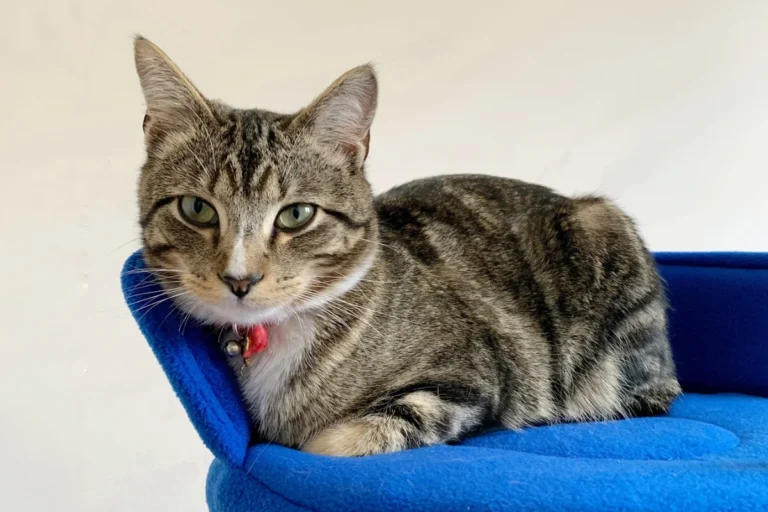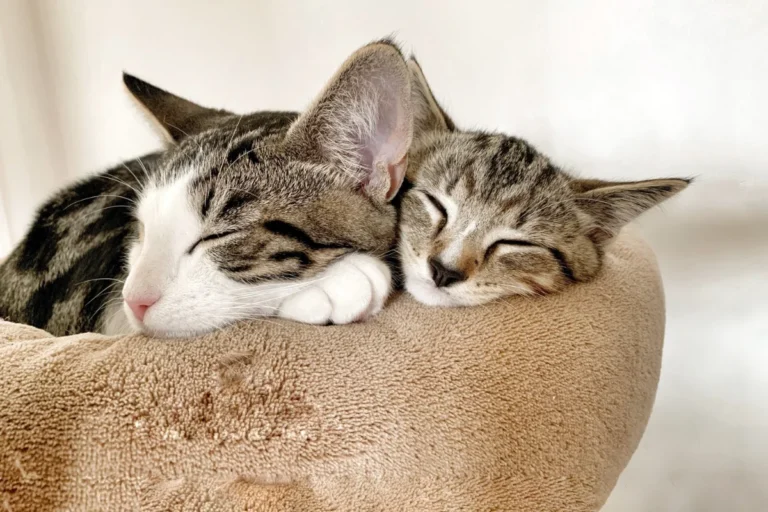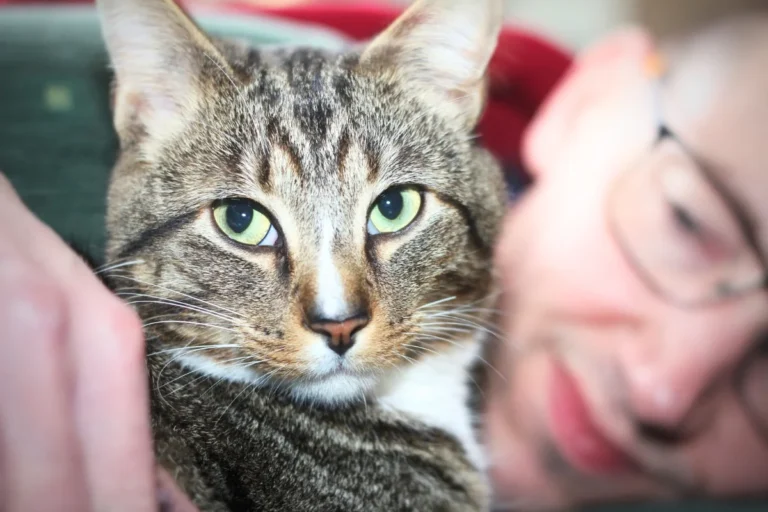Why do cats hiss?
Cats are known for their unique ways of communication and hissing is common when they feel threatened or stressed. By understanding why cats hiss, we can better respond to their needs and provide a safe and secure environment for our feline friends.
Misconceptions about hissing
Cat hissing is often misunderstood by many people as a sign of aggression or anger from the feline. However, it’s essential to understand that hissing is a form of communication that cats use to express fear, anxiety or discomfort. Instead of seeing it as a negative behaviour, it’s crucial to recognise that the cat is simply trying to protect itself or establish boundaries.
When a cat feels threatened or scared, they may resort to hissing as a warning signal to deter potential threats. It’s their way of saying, “I’m not comfortable with this situation, please back off”. By respecting their boundaries and giving them space, you can help alleviate their stress and prevent any aggressive reactions. Moreover, it’s essential to remember that hissing is a temporary response and not a permanent characteristic of a cat’s behaviour.
With patience, love and understanding, you can help your cat feel more secure and less inclined to hiss in the future. So, rather than viewing cat hissing as a negative trait, it’s important to approach it with empathy and compassion. By understanding the reasons behind this behaviour and addressing any underlying issues, you can foster a stronger bond with your feline friend.
Why do cats hiss at each other?
Cats hiss to express their feelings. When cats hiss at each other, it is often a sign of fear, anxiety or territorial aggression. Hissing is their way of warning the other cat to stay away or back off. It’s a natural behaviour that helps them establish boundaries and avoid potential conflicts.
Cats may also hiss when they feel threatened or cornered, as a way to defend themselves. It’s important to give them space and allow them to calm down in these situations. Understanding their body language and the reasons behind their hissing can help in diffusing tension between cats and creating a harmonious environment for them to coexist peacefully.
In some cases, hissing can be a temporary reaction to a specific trigger, and cats may go back to being friendly with each other once the perceived threat is gone. It’s essential to observe their interactions and provide a safe and comfortable space for each cat to feel secure. With patience and understanding, cats can learn to live together without resorting to hissing as a primary form of communication.
Why do mother cats hiss?
Mother cats may hiss for a variety of reasons. One common reason is to protect their kittens from perceived threats. When a mother cat feels that her babies are in danger, she may hiss as a warning to potential predators or intruders to stay away. Hissing can also be a way for a mother cat to establish boundaries and protect her territory. Additionally, mother cats may hiss when they feel scared, anxious or stressed. It is important to respect a mother cat’s boundaries and give her space when she is exhibiting this behaviour, as it is her way of communicating her needs and protecting her young.
Are certain cat breeds more prone to hissing?
Yes, some cat breeds are known to hiss more than others. Breeds such as Siamese, Bengal and Sphynx are known to be more vocal and expressive, which may include hissing at times. It’s important to understand that hissing is a natural way for cats to communicate their boundaries and discomfort. Proper socialisation, positive reinforcement and creating a safe environment can help reduce hissing behaviour in cats. If you notice excessive hissing or other concerning behaviours, it’s always a good idea to consult with a veterinarian or a professional animal behaviourist for guidance.
How to react when your cat hisses
When your cat hisses, it’s important to remember that this is their way of expressing fear, discomfort or aggression. Here are some steps you can take to help your cat feel more comfortable:
- Stay calm: Avoid yelling or punishing your cat for hissing as this can escalate the situation. Stay calm and try to understand why your cat is behaving this way.
- Give them space: If your cat is hissing, it’s best to give them some space to calm down. Allow them to retreat to a quiet, safe area where they can feel secure.
- Identify the trigger: Try to figure out what is causing your cat to hiss. It could be a loud noise, an unfamiliar person, or another pet invading their space.
- Consult a vet: If your cat’s hissing behaviour is out of character or persists, it’s a good idea to consult with a vet. They can help rule out any underlying medical issues that may be causing your cat’s behaviour.
Remember, patience and understanding are key when dealing with a hissing cat. Give them space and time to relax if you notice this behaviour. Multi-cat households need to provide plenty of resources, enrichment, playtime and positive reinforcement to help alleviate any tension. By addressing the root cause of unwanted behaviour and providing a safe environment, you can help your cat feel more secure and less likely to hiss in the future.
